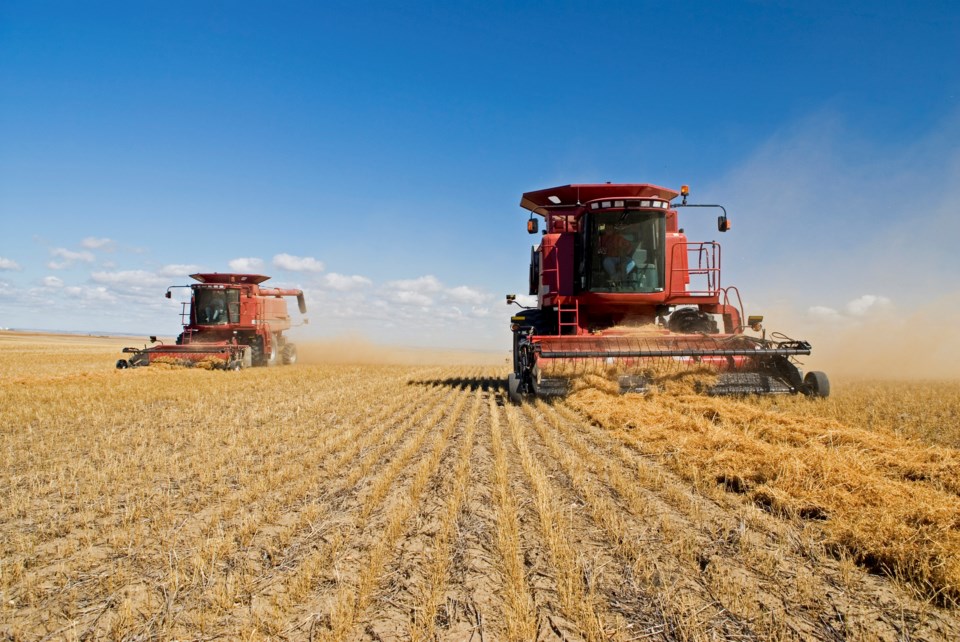REGINA - Crops continued to progress this week with the warm temperatures across the province, according to the crop report for the period of July 4 to 10. Canola is beginning to pod and wheat is beginning to flower in many areas. Dry conditions are impacting parts of the province and many producers are hoping for rain immediately.
Very little rain was received this week. The most rain was in the Dinsmore area, with 14 mm. A large decrease in soil moisture accompanied the warm weather this past week. Crop land topsoil moisture is currently 21 per cent adequate, 55 per cent short and 24 per cent very short. Hay and pastureland topsoil moisture is currently 17 per cent adequate, 55 per cent short and 28 per cent very short.
Crops are either ahead or at normal stages of development for this time of year. Fall cereals are 31 per cent ahead and 66 per cent at normal stages of development. Spring cereals are 33 per cent ahead and 60 per cent at normal stages of development. Oilseeds are also 33 per cent ahead and 58 per cent at normal stages of development. Pulse crops are 28 per cent ahead and 67 per cent at normal stages of development.
Crops are generally in good to fair condition. Provincially, winter wheat and soybean crops are in the best condition, with 60 per cent of winter wheat in good condition and 67 per cent of soybean in good condition. Mustard and canary seed are the crops in the poorest condition. Thirty-five per cent of mustard and 21 per cent of canary seed is in very poor condition.
Producers have made swift and steady progress with haying this week. Fifty-one per cent of the first cut of hay has been baled or silaged, while 26 per cent is cut and 23 per cent is still standing. The quality of hay ranges from excellent to fair, with 59 per cent in good quality.
Crop damage this week comes from heat and moisture stress and grasshoppers. Producers are reminded to keep in mind economic thresholds when scouting for grasshoppers and to reach out to their if they have any questions.
Many producers are haying and monitoring their pastures now. With the heat, water quality is at the top of mind for many. If producers are concerned about the quality of their water source for livestock, they can bring in samples to their local regional office for testing.
The growing season is stressful time of year and producers are reminded to take all safety precautions in all the work they do. The Farm Stress Line is there to help by providing support for producers toll free at 1‑800‑667‑4442.
Follow the 2023 Crop Report on Twitter at @SKAgriculture.




